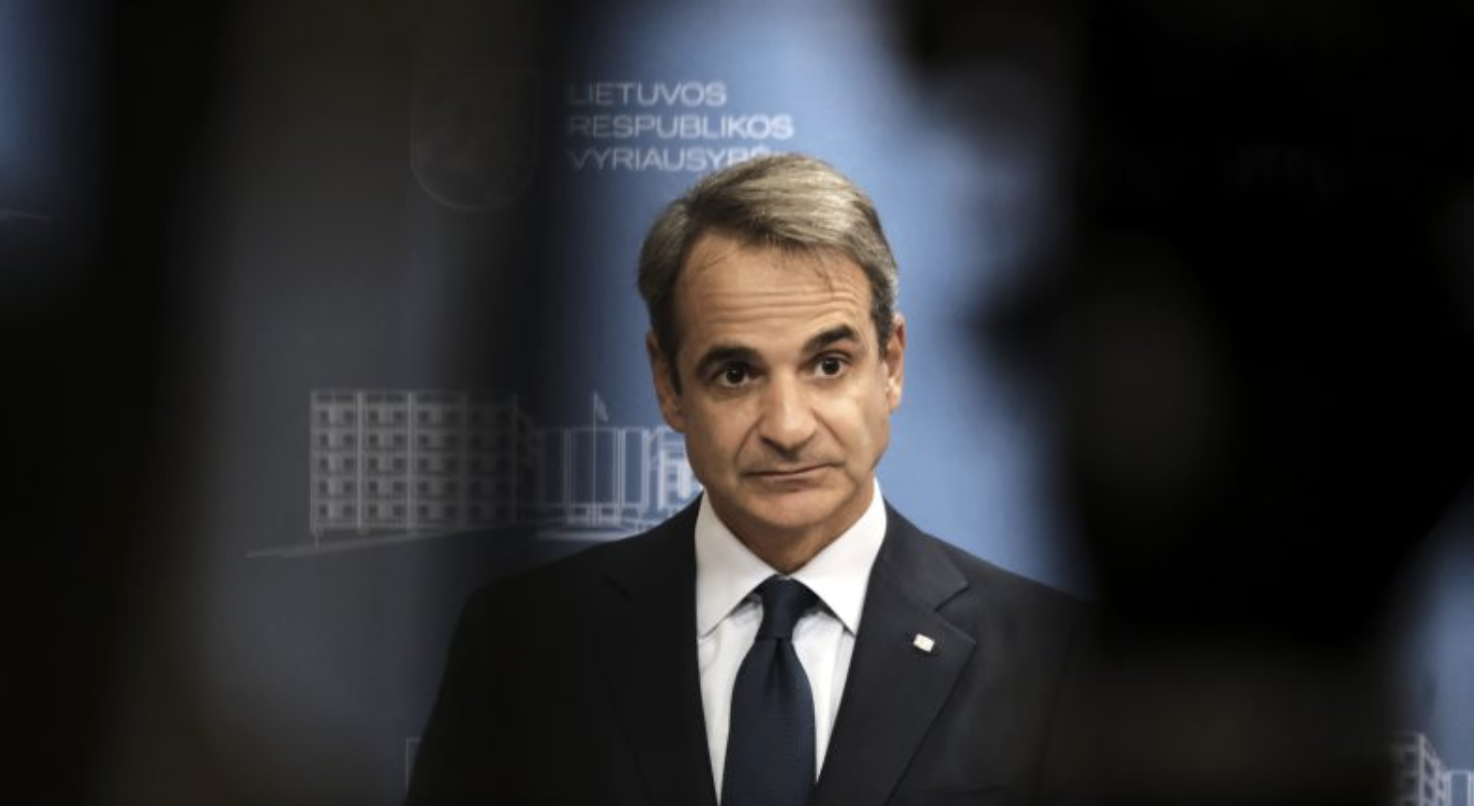RSF fume after Greek PM calls media freedom criticism ‘crap’
“Greece is a European country that combines all press freedom problems that exist in other European countries,” told AFP Pavol Szalai, head of RSF's European Union and Balkans office. | Photo Credits: EurActive, EPA-EFE/VALDA KALNINA
Reporters Without Borders (RSF) reacted strongly to a statement by Greek Prime Minister Kyriakos Mitsotakis describing as “crap” the organisation’s poor ranking of the country when it comes to media freedom.
According to the World Press Freedom Index for 2022, Greece fell from number 70 in 2021 to 108, the worst position out of all EU members. The ranking is even below any candidate country from the Western Balkans, where Albania is the worst-ranked country Index(103rd).
Speaking at an event in London, Mitsotakis did not hide his disdain over the results.
“Sorry, but that is just crap, excuse my language,” he said, triggering the immediate reaction of RSF.
“Greece is a European country that combines all press freedom problems that exist in other European countries”, Pavol Szalai, head of RSF’s European Union and Balkans office, told AFP.
When the 2022 press freedom report came out last summer, the conservative government in Athens tried to picture RSF as a “leftist” organisation in a bid to dismiss its findings.
According to RSF, press freedom in Greece suffered serious setbacks in 2021 and 2022, with journalists regularly prevented covering issues from migration to COVID-19.
Furthermore, the assassination of veteran crime reporter Giorgos Karaivaz in April 2021 remains unsolved despite the government’s promise of a quick investigation. Karaivaz was gunned down outside his Athens home in broad daylight.
The surveillance of journalists by Greek secret services and illegal Predator spyware is yet another issue for the country’s media sector and government.
“Surveillance is a stain on Greek democracy that keeps spreading,” Szalai said, adding that it’s “a truly dangerous cocktail for press freedom”.
The government has admitted that Greek secret services bugged the phones of several journalists but has so far denied revealing the reasons behind the surveillance by invoking the “national security” argument.
When it comes to Predator, the government insists that it never purchased it, although several pro and anti-government journals have published reports linking Predator activities to the Greek secret services.
Source: EurActive

